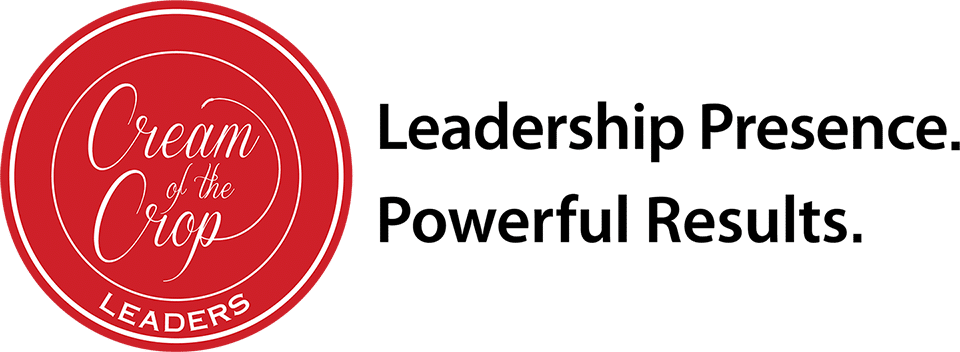Transformational Leadership Defined
Research: Power is Good
Transformational Leadership Defined
RESEARCH
The tools we teach in The Transformational Leadership Experience [Flagship Program A], Leadership Presence for Women and The LP Primer, are informed by leader management course studies and business research which collectively suggest that power can:
- Improve performance: Return on investment
- Improve executive functioning
- Lead us to approach rather than avoid challenges
- Increase authentic feelings of power
- Enhance creativity
- Boost feelings of authenticity
- Improve the ability to self-regulate
- Reduce aggression and create a more peaceful world
Power for Everyone.™
VIEW BUSINESS RESEARCH and REPORTS BELOW.
Research shows: Power improves executive functioning, optimism, creativity, authenticity, the ability to self-regulate and performance. Click image for more.
A person’s sense of power improves executive functioning, optimism, creativity, authenticity, the ability to self- regulate and performance in various domains. Galinsky, A. (2003). From power to action. Journal of Personality and Social Psychology, 85 (September), 453–66.
Acquiring power produces individuals to feel more goal-oriented, more likely to take action and more optimistic. Click image for more.
Acquiring power produces individuals to feel more optimistic, more goal-oriented, and more likely to take action. Therefore, [learned] power may liberate people from the psychological constraints that keep them from being their best, brightest selves. Anderson, C., Galinsky, A. Eur. J. Soc. Psychol. 36, 511–536 (2006)
Power leads us to approach rather than avoid challenges, and approaching leads us to feel more confident, optimistic – and happier. Click image for more.
Power leads us to approach rather than avoid challenges, and approaching leads us to feel more confident, optimistic – and happier. Smith PK, Bargh JA. Nonconscious effects of power on basic approach and avoidance tendencies. Social cognition. 2008;26 (1):1-24.
Across species, body posture is often the primary representation of power. Click image for more.
Across species, body posture is often the primary representation of power. Hall, Judith A.; Coats, Erik J.; LeBeau, Lavonia Smith. Nonverbal Behavior and the Vertical Dimension of Social Relations: A Meta-Analysis. Psychological Bulletin, Vol 131(6), Nov 2005, 898-924.
Increased power may reduce aggression in our world. Click image for more.
Increased power may reduce aggression in our world since "...aggression appears to be driven by ego threat. Aggressiveness is eliminated when one’s sense of self-worth is boosted. A study of 410 people employed at various levels in various companies examined when and why power holders seek to harm other people. The present research found that that aggression among those in power [positions] is often the result of a threatened ego. Aggressiveness was eliminated among participants whose sense of self-worth was boosted."
Fast, N. J., & Chen, S. (2009). When the boss feels inadequate: Power, incompetence, and aggression. Psychological Science, 20, 1406-1413.
Fast, N. J., & Chen, S. (2009). When the boss feels inadequate: Power, incompetence, and aggression. Psychological Science, 20, 1406-1413.
Executive presence telegraphs you are in charge – or deserve to be. Click image for more.
Gravitas [a component of Executive Presence] is at the top of the list of executive traits most commonly sought by Senior Executives. Hewlett, S.A. et al (2012). Executive Presence. New York: Center for Talent Innovation







